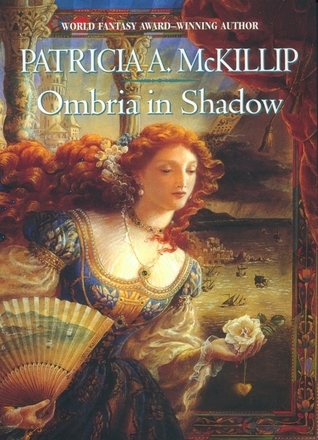What do you think?
Rate this book


298 pages, Paperback
First published January 8, 2002
"I was just thinking."
"About what?"
"About how we know what's real. How we wake out of a timeless place and recognize time. How you know me here, now, even when nothing or anyone else in this place is familiar. I might have been wandering through your dream, but you knew immediately which of me will bring you paper."